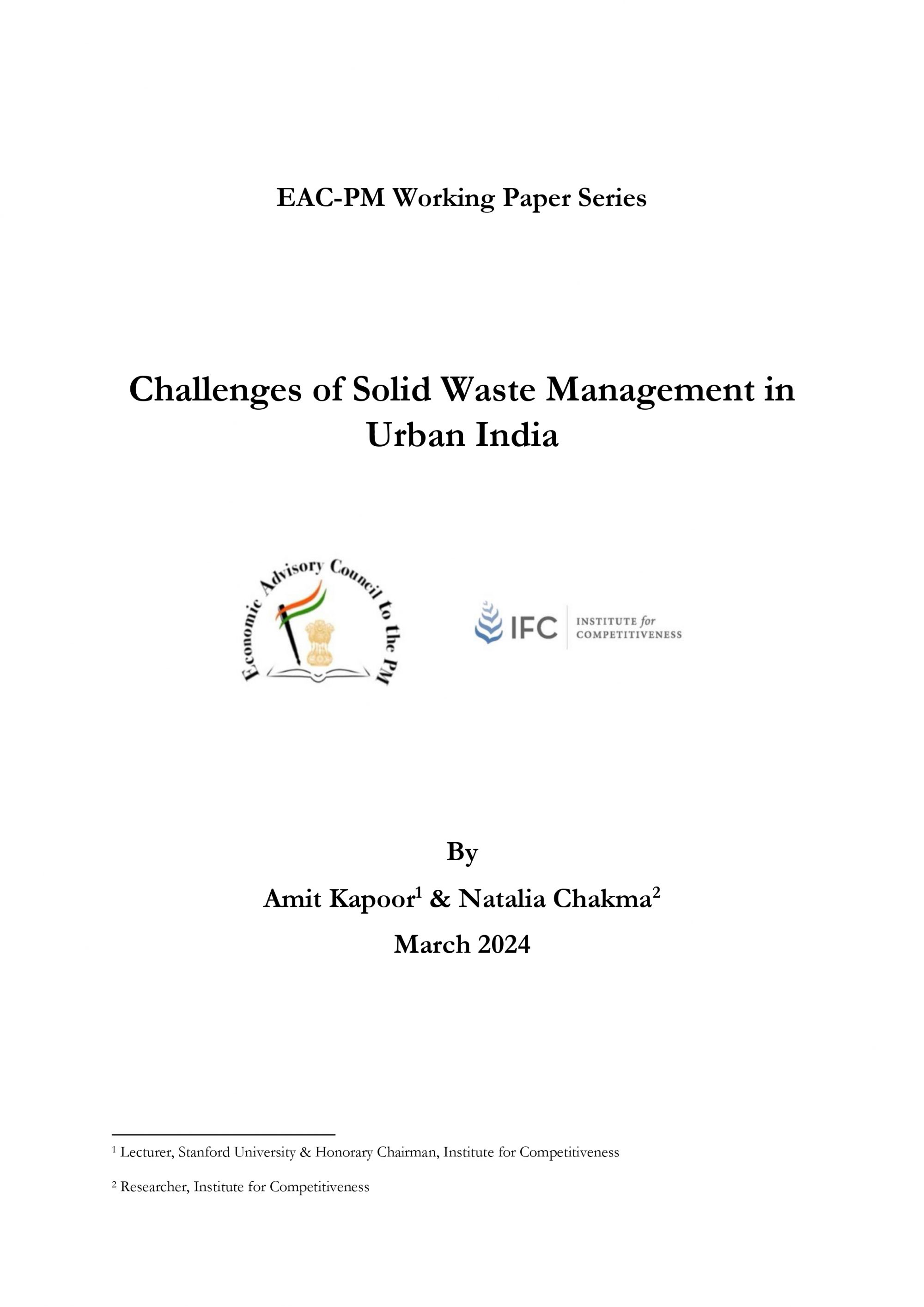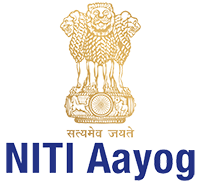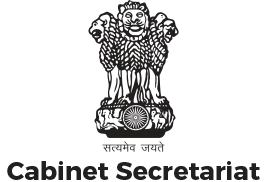Waste generation increases as a result of rapid urbanisation and economic growth, placing tremendous pressure on the current management systems. Effective waste management has remained difficult despite the rapid economic expansion, indicating a gap in development strategies. The paper presents an in-depth study and analysis of solid waste management, highlighting the dual nature of solid waste as a challenge and an opportunity for Indian cities. It further emphasises that immediate sustainable waste management solutions are needed to solve environmental issues and achieve economic potential. Constructive approaches that involve public engagement and take geographical differences into account are essential. Through the implementation of sustainable practices such as waste disposal, reduction, reuse, and waste recovery, communities can turn waste from an issue into an asset that benefits the environment, the economy, and public health in urban areas. Although various regulations and laws have been introduced to improve waste management, such as the shift from centralised (2000) to decentralised (2016) approaches, challenges persist during the implementation process of these regulations. A shift towards responsible practices, along with investment in infrastructure, finance, technology, and awareness, are necessary to alleviate the challenges and achieve effective waste management.




